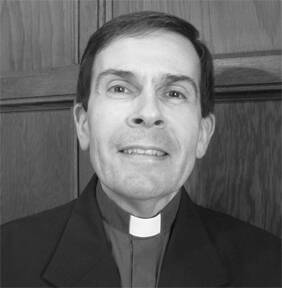Over at Mirror of Justice, Fr. Robert John Araujo, S.J., responds to a recent The Atlantic article concerning Catholic identity and Jesuit universities.
Fr. Araujo's reflection is based on his extensive teaching career in Jesuit higher education (he notes he has lectured or taught at half of the Jesuit universities that sponsor law schools), and his words speak to those involved in Jesuit education at every level. His concluding paragraphs convey some of his central claims:
Truth in advertising is vital to the authenticity of the claim that a school is Jesuit. If I may borrow from the Formula of the Institute, whosoever desires to serve as a Jesuit institution should keep what follows in mind: that the Jesuit order was founded for this purpose, which is “to strive especially for the defense and propagation of the faith and for the progress of souls in Christian life and doctrine.” I fear that in today’s climate many students, faculty, and administrators who believe they are a part of Jesuit education would find it difficult to endorse this essence of what it means to be Jesuit....For those who believe that Christ is the Lord and Savior of the human person, let us not be afraid to follow Him rather than the sirens of the present age who think and claim that they are a part of the enterprise molded by Ignatius but, in fact, are not. Christ engaged the world for the particular objective of human salvation, and this purpose became that of Ignatius of Loyola. May this end be unambiguously reflected in the lives and work of those who follow the Son day after day on the campuses that claim to be Jesuit and Catholic. This work is not one of imposing but of proposing the objective for which the Jesuit order was established.
You can read his whole post here. There is much to ponder and discern.








